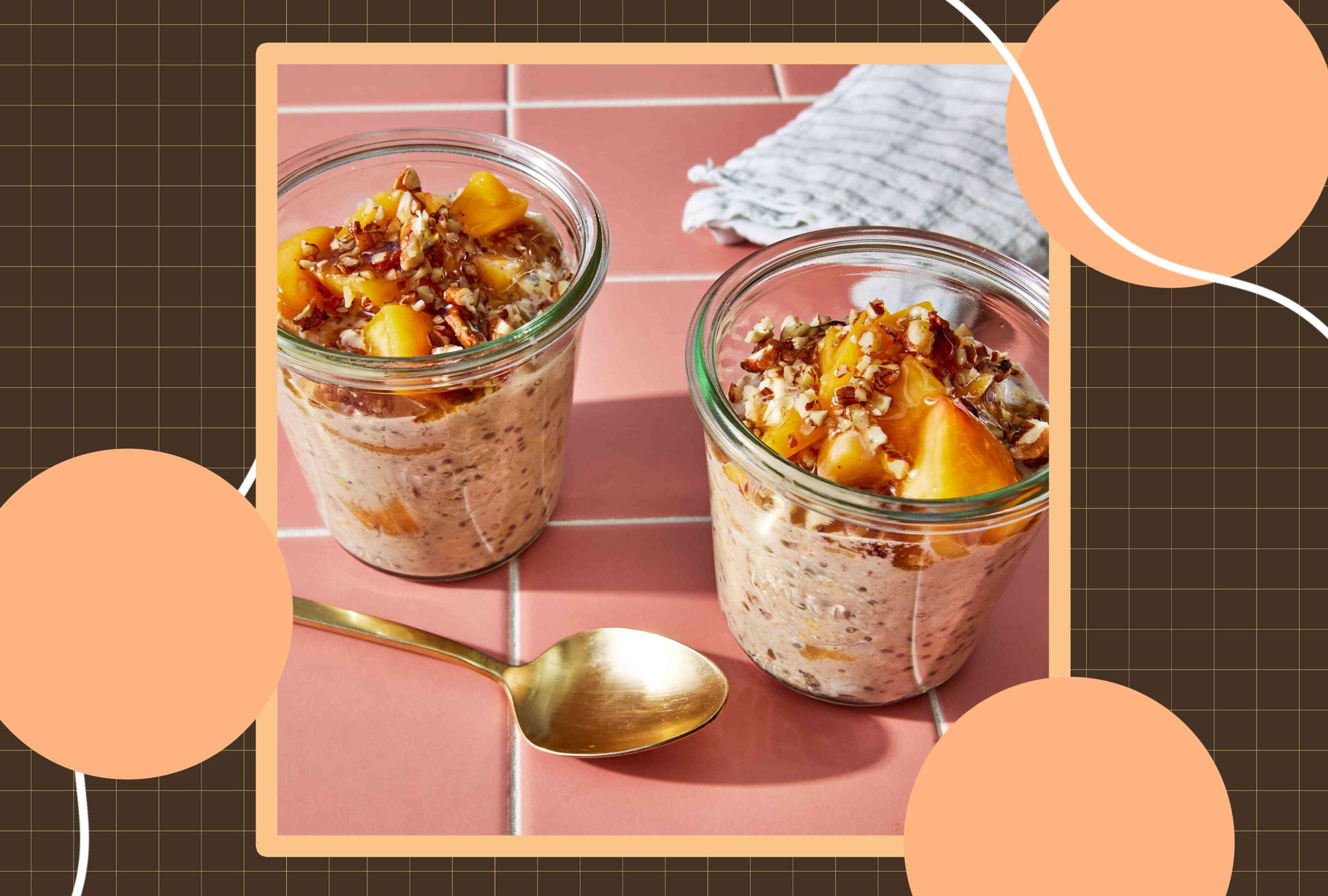The Power of Chia Seeds in Managing Cholesterol
Chia seeds, though small in size, are packed with essential nutrients that can significantly impact cholesterol levels. These tiny seeds are rich in fiber, omega-3 fatty acids, and antioxidants, all of which play a crucial role in maintaining heart health. Incorporating chia seeds into your diet is not only simple but also cost-effective, making them an excellent choice for those looking to improve their cholesterol profile.
Key Benefits of Chia Seeds for Cholesterol Management
One of the primary reasons chia seeds are beneficial for cholesterol is their high fiber content. A 2-tablespoon serving of chia seeds provides 10 grams of fiber, including 1.5 grams of soluble fiber. Soluble fiber has been shown to help lower LDL (“bad”) cholesterol by binding to it in the digestive tract and removing it from the body. When mixed with water, chia seeds form a gel-like substance called mucilage, which aids in transporting cholesterol out of the body through the digestive system.
In addition to fiber, chia seeds are a great source of plant-based omega-3 fatty acids, specifically alpha-linolenic acid (ALA). These healthy fats have anti-inflammatory properties and can help reduce total and LDL cholesterol levels. Some studies suggest that ALA may also increase HDL (“good”) cholesterol, although the results are not always significant.
Chia seeds also contain polyphenols, which are plant compounds known for their antioxidant and anti-inflammatory effects. Chronic inflammation has been linked to lower HDL cholesterol and higher LDL and triglyceride levels. Consuming foods rich in polyphenols, such as chia seeds, may help counteract these negative effects and support overall heart health.
How to Incorporate Chia Seeds into Your Diet
Chia seeds are incredibly versatile and can be easily added to a wide range of meals and snacks. They can be mixed into smoothies, sprinkled over yogurt or oatmeal, or used to make chia pudding. For a quick and nutritious breakfast, try soaking chia seeds in almond or soy milk overnight to create a creamy chia pudding. You can also add them to granola, baked goods, or even homemade protein powder.
When first introducing chia seeds into your diet, it’s important to start gradually and drink plenty of water to avoid digestive discomfort such as bloating or gas. Additionally, storing chia seeds properly is essential to maintain their freshness. Unopened chia seeds can last up to five years when stored in a cool, dry place. Once opened, they should be kept in an airtight container in the refrigerator to prevent them from going rancid.
Additional Lifestyle Changes for Better Cholesterol Control
While chia seeds offer numerous benefits, managing cholesterol requires a holistic approach. Making dietary and lifestyle changes can have a significant impact on your cholesterol levels. Here are some key strategies:
Eat More Plant-Based Foods: Filling your plate with whole, minimally processed plant-based foods like vegetables, fruits, whole grains, nuts, seeds, and legumes can help lower cholesterol. These foods are rich in fiber, healthy fats, antioxidants, and essential nutrients while being low in saturated fat. Studies show that vegan and vegetarian diets are associated with lower total and LDL cholesterol levels and a reduced risk of heart disease.
Stay Active: Regular physical activity is essential for heart health. Aim for at least 150 minutes of moderate to intense cardiovascular exercise per week. Activities like swimming, cycling, running, brisk walking, dancing, hiking, and vigorous yard work can help increase HDL and lower LDL levels.
Avoid Smoking: Smoking and vaping can lower HDL cholesterol and increase the risk of heart disease. Quitting smoking is one of the most effective ways to improve cholesterol levels and overall health. If you smoke, seek guidance from a healthcare professional to develop a plan for quitting.
Final Thoughts
Chia seeds are a powerful tool for improving cholesterol levels and supporting heart health. Their combination of fiber, omega-3s, and antioxidants makes them an excellent addition to any diet. However, no single food can magically transform your health. A balanced diet, regular exercise, and avoiding harmful habits like smoking are all critical components of a heart-healthy lifestyle. Whether you start with chia seeds or another change, taking small steps today can lead to long-term benefits for your well-being.







